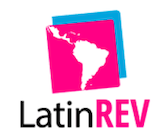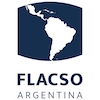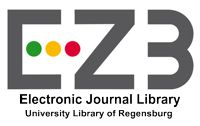Knowledge ruralization: epistemic challenges in the rural school. The Puerto Quinchana Case
Ruralización del saber: Retos epistémicos en la escuela rural. El Caso Puerto Quinchana
##plugins.themes.bootstrap3.article.main##
This article presents the theoretical and practical elements of a pedagogical experience denominated Ruralization of knowledge implemented in the educational institution “Puerto Quinchana” located in the municipality of San Agustín (Huila, Colombia). The thesis of the proposal consists of connecting the circumstantial context where the educational community lives with the state pedagogical dispositions, situating it as an input for the development of situated competences. Ruralization would operate as a way of contextualization of knowing and making the being of the subject, in this case, of the student and the teacher, to be the architect of himself, which is only possible within these relationships and not outside of it (being).
Downloads
##plugins.themes.bootstrap3.article.details##
Escobar, A. (1999). El fin del salvaje: naturaleza, cultura y política en la antropología contemporánea. Bogotá: Cerec; Ican.
__________ (2000). El lugar de la naturaleza y la naturaleza del lugar: ¿Globalización o postdesarrollo? En Lander, E. La colonialidad del saber: Eurocentrismo y ciencias sociales. Perspectivas latinoamericanas. Buenos Aires: CLACSO, Consejo Latinoamericano de Ciencias Sociales.
___________ (2013). Cultura y diferencia: la ontología política del campo de cultura y desarrollo. Economía colombiana, No. 340, 9-20.
__________ (2014). Sentipensar con la tierra: Nuevas lecturas sobre desarrollo, territorio y diferencia. Medellín: Unaula.
__________ (2016). Autonomía y diseño: La realización de lo comunal. Popayán: Universidad del Cauca.
Muñoz, Y. (2008). Conociendo a Quinchana. En Erradicación de cultivos ilícitos: Preferimos la paz y el desarrollo sostenible. Bogotá: Cenasel. Acompañamiento Social.
Raizal, Centro de pensamiento. (2010). Cartilla Minga. Bogotá: Inédito.
Rozental, M. (2009). ¿Qué palabra camina la Minga? En Revista Deslinde, No. 45, noviembre-diciembre. Bogotá.
































